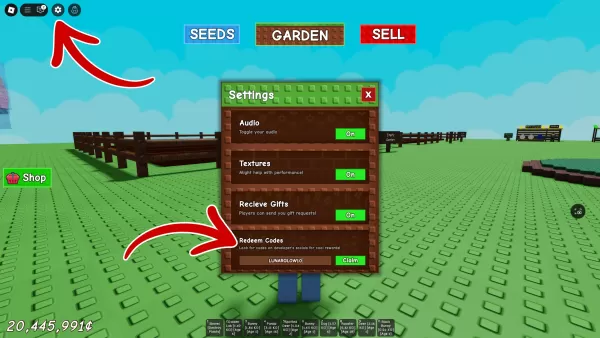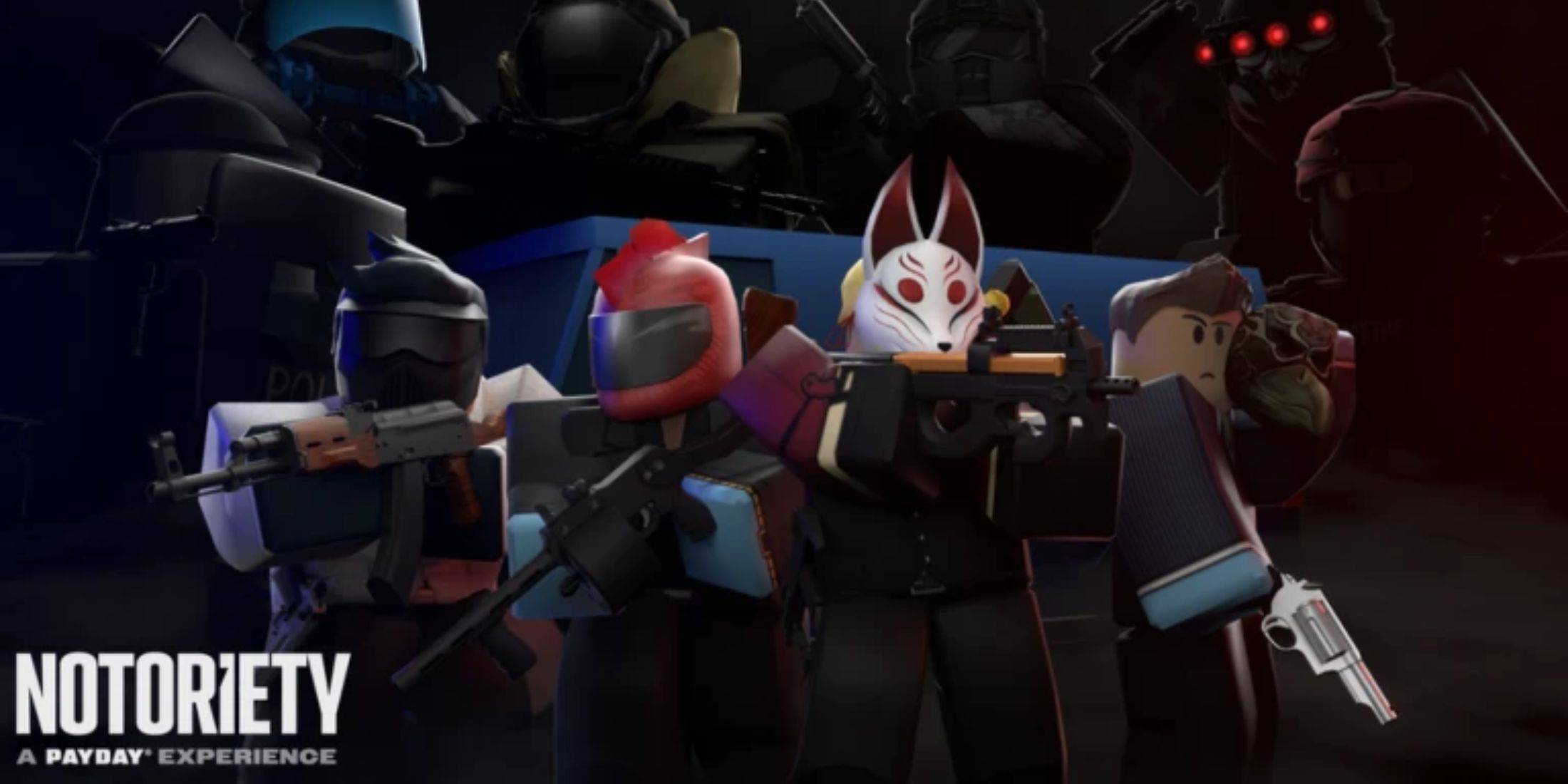Halo and Destiny Developers Hit with Backlash Over CEO's Extravagant Spending Amid Layoffs
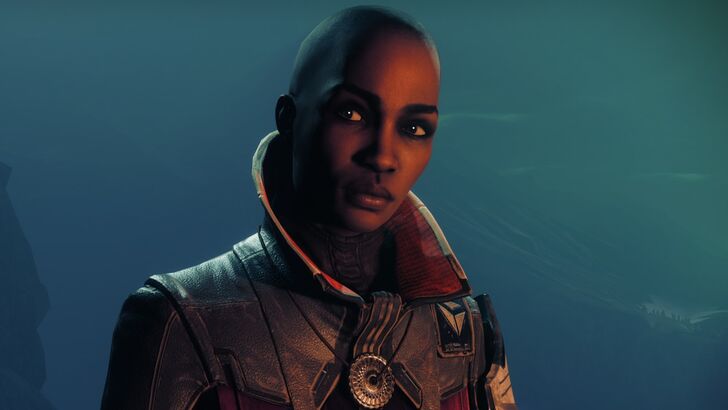
Bungie is navigating a period of significant change, marked by mass layoffs and a deeper integration with Sony Interactive Entertainment. This article delves into the employee backlash, the CEO's lavish spending, and what the future may hold for the renowned game developer.
Bungie Announces Mass Layoffs Amidst Economic Challenges
Pete Parsons Fires 220 Employees Through A Letter
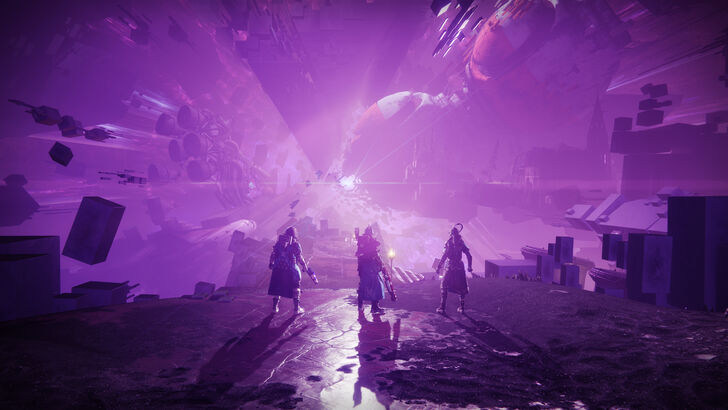
In a letter addressed to employees, Bungie's CEO Pete Parsons announced the elimination of 220 roles, affecting approximately 17% of the company's workforce. This move was attributed to rising development costs, shifts in the gaming industry, and broader economic challenges. Parsons emphasized that the layoffs would touch every level of the company, including many executive and senior leadership positions.
To support the affected employees, Parsons detailed severance packages, bonuses, and health coverage as part of the transition. He contextualized the layoffs by highlighting the studio's ambitious goal to develop games for three global franchises over the past five years, which had stretched resources thin and led to financial instability. Despite efforts to mitigate these issues, the decision to lay off employees was deemed necessary to refocus the company's efforts on its core projects, Destiny and Marathon.
Parsons acknowledged the timing of the layoffs, coming on the heels of the successful release of The Final Shape, and cited specific challenges such as a general economic slowdown, a downturn in the gaming industry, and issues with the quality of Destiny 2: Lightfall. He concluded by reaffirming Bungie's commitment to building high-quality gaming experiences with its remaining 850 team members.
Transition Under PlayStation Studios
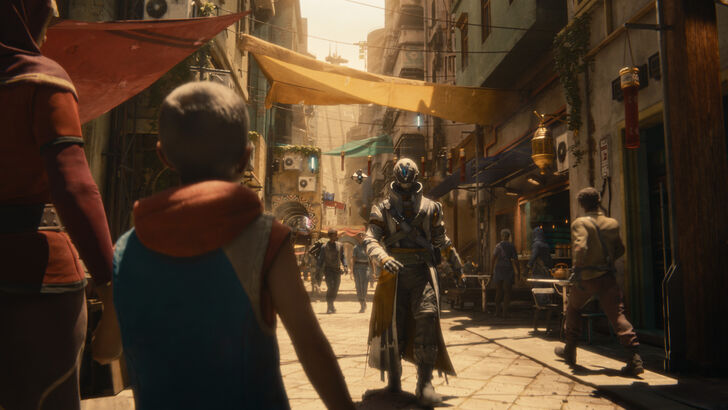
Following its acquisition by Sony Interactive Entertainment (SIE) in 2022, Bungie is set to undergo a significant transformation. Initially promised operational independence contingent on meeting specific performance metrics, the studio's failure to meet these targets has led to a shift in its management structure.
As part of this transition, SIE's CEO Hermen Hulst is expected to gradually assume leadership at Bungie. The layoff announcement included plans for deeper integration with SIE, which will see 155 roles transferred to SIE over the next few quarters. This move aims to leverage Sony's strengths and retain talent amidst the downsizing, which was a decision made solely by Bungie.
Additionally, one of Bungie's incubation projects, an action game set in a new science-fantasy universe, will be spun out to form a new studio within PlayStation Studios. This restructuring aligns Bungie more closely with Sony's broader objectives and utilizes the resources and expertise available within the PlayStation ecosystem.
The integration with PlayStation Studios represents a significant shift for Bungie, moving away from its long-held independence and creative freedom. This change, while potentially offering more support and stability, marks a departure from the path the studio has followed since its split from Microsoft in 2007.
Under Hulst's leadership, Bungie is expected to undergo strategic and operational changes aimed at stabilizing its financial situation and ensuring the successful development and release of key projects like Destiny and Marathon. The long-term impact on Bungie's creative processes and company culture remains uncertain, but this marks a pivotal moment in the studio's history.
Employee Backlash and Community Response
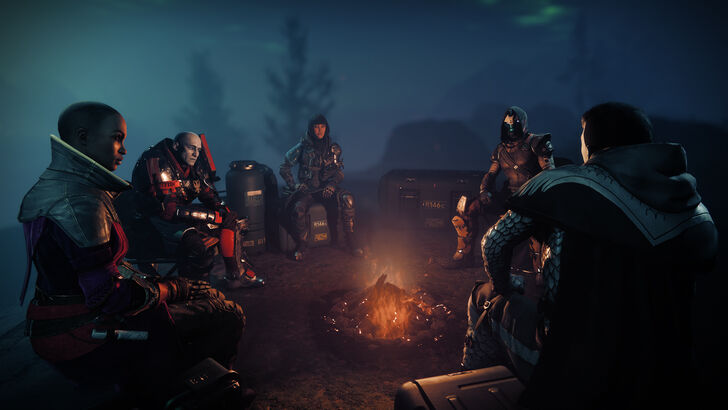
The announcement of the layoffs sparked significant backlash from both current and former Bungie employees, who took to social media to express their frustration and disappointment. Destiny 2's global community lead, Dylan Gafner (dmg04 on Twitter -X-), labeled the layoffs as "inexcusable," highlighting the loss of "industry-leading talent" and criticizing the lack of accountability placed on the workers who had consistently delivered for the community.
Bungie technical UX designer Ash Duong echoed these sentiments, expressing anger and disillusionment at the contradiction between being told they were valued and the reality of the layoffs. The criticism extended to CEO Pete Parsons, with former employees like Griffin Bennett and Liana Ruppert calling for his resignation.
The community's response was equally vocal, with notable Destiny content creator MyNameIsByf (on Twitter -X-) calling for a change in leadership. Byf criticized the studio's decisions as reckless and detrimental to both employees and the game's franchises, emphasizing the need for addressing the root problem of poor leadership to ensure the studio's future stability.
This wave of backlash underscores the broader impact of Bungie's decision, resonating not only within the company but also among its dedicated fanbase. The responses reflect a deep sense of betrayal and frustration, questioning the leadership's handling of the situation and its commitment to its employees and fans.
CEO's Extravagant Spending Before Layoffs

Adding fuel to the fire of employee and community discontent, reports surfaced of CEO Pete Parsons' significant personal expenditures on luxury cars. Since late 2022, Parsons has spent over $2.3 million on vehicles, including a $91,500 bid for a 1961 Chevrolet Corvette just two months before announcing the layoffs.
Parsons' spending spree continued even after the October 2023 layoffs, with a $500,000 expenditure on vehicles. Notable purchases include a 1967 Jaguar XKE Series I 4.2 Roadster for $205,000 in December 2022 and a 1971 Porsche 911S Coupe for $201,000 in November 2023, a month after the previous round of layoffs.
In his layoff announcement letter, Parsons stated, "We were overly ambitious, our financial safety margins were subsequently exceeded, and we began running in the red." This statement has been juxtaposed against his lavish spending, raising questions about the source of funds for these purchases—whether from the Sony buyout or Parsons' personal earnings from his career at Bungie.
A former Community Manager at Bungie, Sam Bartley (TheSamBartley on Twitter -X-), expressed frustration, stating, "You lied to my face. Straight to it. You also invited me to come see your new cars TWO DAYS before you laid me off. Leave Now."
Despite the financial measures imposed on the studio, there is no indication that senior Bungie leadership, including Parsons, has taken salary cuts or other cost-saving actions to show solidarity with the laid-off employees or those still employed facing financial difficulties. This perceived disconnect between the leadership's actions and the company's financial realities has intensified the frustration and anger among employees and the gaming community.
-
Death Stranding 2: On the Beach director Hideo Kojima allegedly revamped significant portions of the game midway through development after playtesters responded "too positively," stating he actively avoids creating "mainstream" content.The insight coAuthor : Emery Dec 14,2025
-
Budget-Friendly Gaming Monitor DealGamers seeking an affordable display will want to jump on this limited-time Amazon Prime Day offer. For today only, Amazon's Lightning Deal features a 27" KTC gaming monitor priced at just $98.59 shipped. With overAuthor : Noah Dec 13,2025
-
 |Poppy Playtime| Walkthrough|Download
|Poppy Playtime| Walkthrough|Download -
 Casus Kim - Who's spy?Download
Casus Kim - Who's spy?Download -
 Poker Boss: Texas Holdem OfflineDownload
Poker Boss: Texas Holdem OfflineDownload -
 Pokdeng OnlineDownload
Pokdeng OnlineDownload -
 Escape Giant ObbyDownload
Escape Giant ObbyDownload -
 Motocross Dirt Bike Racing 3DDownload
Motocross Dirt Bike Racing 3DDownload -
 Drum Studio: Bateria VirtualDownload
Drum Studio: Bateria VirtualDownload -
 Number Boom - Island KingDownload
Number Boom - Island KingDownload -
 iFruitDownload
iFruitDownload -
 GunStar MDownload
GunStar MDownload
- Black Ops 6 Zombies: How To Configure The Summoning Circle Rings on Citadelle Des Morts
- Harvest Moon: Lost Valley DLC and Preorder Details Revealed
- Roblox: Latest DOORS Codes Released!
- Silent Hill 2 Remake Coming to Xbox and Switch in 2025
- Roblox: Blox Fruits Codes (January 2025)
- Roblox: Freeze for UGC Codes (January 2025)

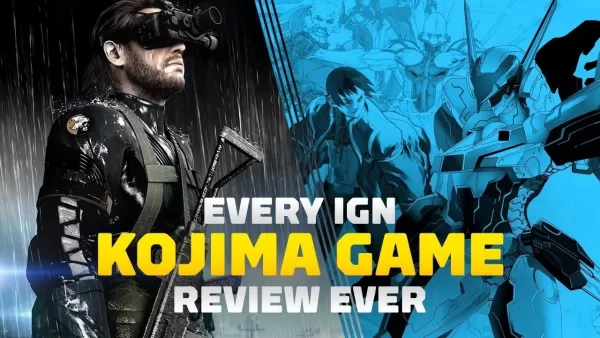


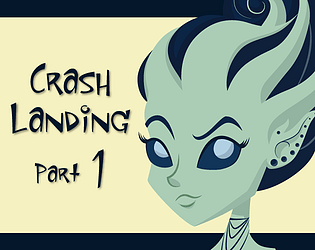



![Taffy Tales [v1.07.3a]](https://imgs.ehr99.com/uploads/32/1719554710667e529623764.jpg)



